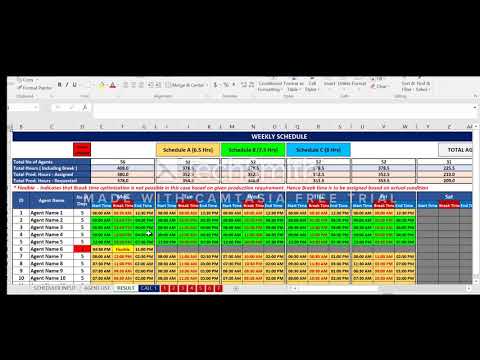The term slot can apply to various domains such as gaming, aviation, and even scheduling. Understanding how to manage slots effectively can have a significant impact on productivity and success. This article dives deep into different types of slots and methods for optimizing them to achieve the best results.
Types of Slots
Gaming Slots
In the realm of gaming, slots refer to both physical and digital slot machines. These can be found in casinos worldwide and online gaming platforms. Features of gaming slots include:
- Paylines: The lines on which a payout will be awarded based on matching symbols.
- Reels: Vertical sections that spin and display symbols.
- Jackpots: Large prizes that can be won from certain combinations or special features.
Aviation Slots
In aviation, slots are allocated times allowing airlines to take off or land at busy airports. These are crucial for maintaining an organized schedule and minimizing delays. Key aspects of aviation slots include:
- Slot Allocation: Distributed based on airline prioritization and operational needs.
- Slot Coordination: Managed by international and local regulatory bodies.
- Overbooking Risks: Contingency plans in place to address potential overbooking scenarios.
Read more about situs slot here.
Scheduling Slots
In the context of general scheduling, slots can determine the specific times allocated for various tasks or events. Effective slot management in this context includes:
- Priority Levels: Assigning time slots based on the urgency and importance of tasks.
- Buffer Times: Including short breaks to avoid overloading the schedule and account for potential overruns.
- Flexibility: Adapting and rearranging time slots as new tasks and interruptions occur.
Optimizing Slot Management
Effective slot management requires strategic planning and continuous adjustments. Best practices for optimizing the use of slots across different domains are:
1. Data Analysis
By analyzing historical data, you can identify trends and peaks in slot usage, allowing better future planning.
2. Monitoring and Adjustments
Continuous monitoring of slot performance and making timely adjustments ensures high efficiency and minimizes disruptions.
3. Automation Tools
Utilizing software solutions designed for slot management can help automate and optimize the process, reducing human error and freeing up resources.
FAQs About Slot Management
What are the key features of gaming slots?
The main features include paylines, reels, and jackpots, each contributing to the overall gaming experience and reward potential.
How are aviation slots allocated?
Slots are allocated based on airline prioritization, operational needs, and are coordinated by regulatory bodies to ensure compliance and fair distribution.
What is the importance of buffer times in scheduling slots?
Buffer times help prevent schedule overloads and accommodate potential overruns, ensuring smoother and more flexible scheduling.
Understanding and implementing efficient slot management can lead to significant improvements in various domains, from gaming and aviation to everyday scheduling. By leveraging technology and strategic planning, optimal use of slots can be achieved, leading to enhanced productivity and greater success.






